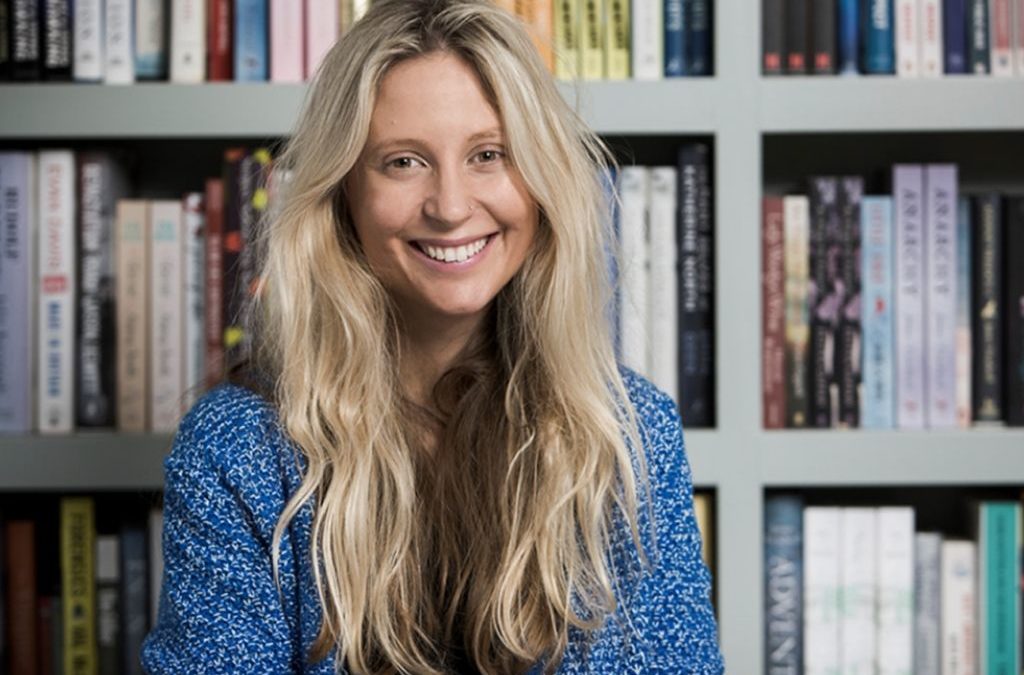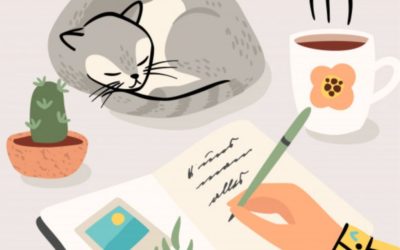How are you planning to find a literary agent for your first book? Indie authors might be smashing the publishing industry but bagging yourself a top agent can still make all the difference to your writing career. And that means you need to know to approach them, what they’re looking for and how they work. We asked Hellie Ogden from leading agency Janklow & Nesbit to give us a few pointers on what she looks for from a budding author.
How do you get noticed by a literary agent?
First off it’s really important to do a bit of research. Most agencies have websites which list the agents and their individual tastes. Choose who you think might be best suited to you and then direct them personally when submitting. It’s important to be professional, this is the very first impression we will have of you, so spend time working on your cover note.
I’m always drawn to a concise, well-thought out book pitch (look at the back jacket of books to get inspiration) and to authors who have a sense of what their book is. Is it commercial, literary, young adult, fantasy, women’s fiction? The most common mistake people make is sending in something which isn’t yet perfectly formed in the author’s own head and that always comes across in the pitch and the accompanying pages.
How should a writer first get in touch?
We always ask for email submissions rather than by post because we need to be able to circulate manuscripts with ease internally and to our American office. The query letter shouldn’t be too long and should focus on a great book pitch as well as a little bit about the author. Although book titles often change, I do think it’s worth choosing something that suits the area you are writing in and don’t be afraid of making comparisons too.
If you think your book is in the same area as, say, Maggie O’Farrell and Kate Atkinson mention that because it can be useful for me to get a sense of where you see the book sitting. Don’t submit more than one book idea at a time and do mention if you are sending the material to multiple agents – it’s always good to be transparent.
>> Read more: How to set a writing goal: the ultimate guide
In an age of self publishing, what value can literary agents add?
I think an agent is more important than ever at the moment. Things are shifting at a remarkable pace and every author needs a literary agent who will fiercely protect their copyright. A good agent will also be working across multiple mediums.
Not only will they be selling the book to publishers, they’ll also be looking into the film rights, audio, large print as well as handling merchandising deals and thinking about new cross-format opportunities. Above all you need a firm champion behind a book project otherwise it can sink and a good agent will be there every step of the way.
Once you’ve signed a writer, how do you work with them?
I’m very hands-on editorially so the first thing I tend to do with a new writer is work with them on getting their manuscript polished. I don’t like anything leaving my desk until it’s in very good shape. For that reason I take on relatively few new projects across the year so I can leave plenty of time to edit with care.
Once I’ve sold a book to a publisher my job doesn’t stop. I’m on hand to deal with any tricky situations that might pop up between author and publisher and to advise on marketing plans, jacket designs etc. There will also be a point where I will be brainstorming with my clients on future book ideas and, as mentioned above, we will be selling the work across formats too. We take on a client for their career, not just for one book.
>> Read more: 10 tips to learn from creative writing lecturer and novelist, Julia Bell
How do you engage with writing platforms like Wattpad?
Sites like these are always useful for agents to scope out new talent and a good way for authors to get a feel of how people are responding to their writing too. But I also think they can be discouraging and can shake a writer’s confidence with the feedback.
They don’t always represent what is actually working in the market so I wouldn’t encourage authors to rely on these sites for book inspiration or current trends. If you are unsure, I would stick to submitting to an agent in the first instance.
What are you on the look out for?
At the moment, I’m looking for series crime, psychological thrillers, commercial women’s fiction, young adult and children’s debuts together with accessible, charming literary fiction. I love novels with exotic settings, bold twists and enticing protagonists. When it comes to non-fiction I’m interested in unique personal stories and work that has a large social following with cross-media potential.
***
Hellie Ogden represents fiction, children’s books and non-fiction and enjoys novels with bold storytelling, moving prose and vivid, thought-provoking characters. In non-fiction she is looking for unique personal stories, cookery, lifestyle, and work that has a social following with cross-media potential. As an editorially focused agent, she has a keen interest in helping to develop and nurture debut writers. Follow her on Twitter @hellieogden.




